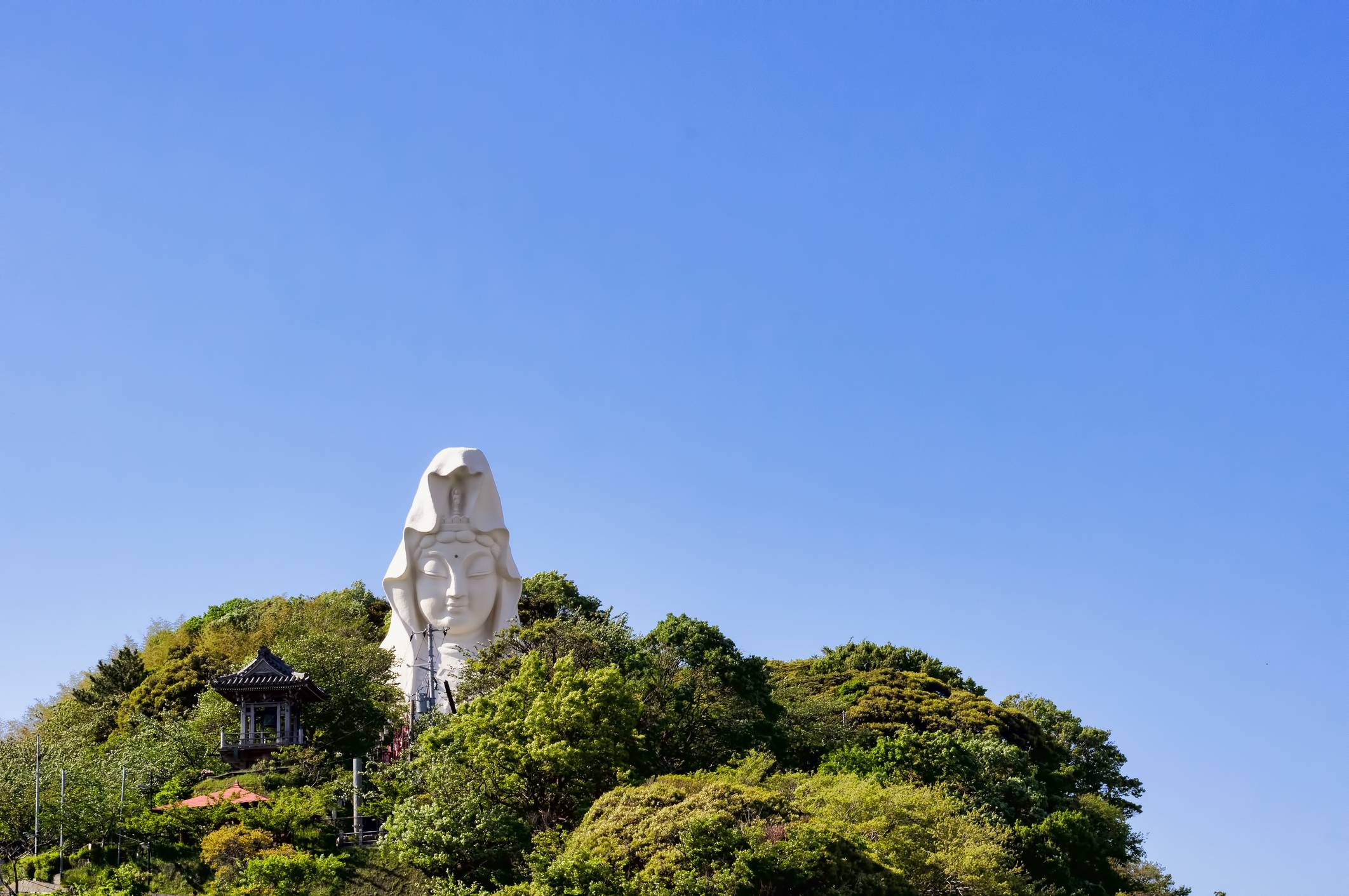It’s a familiar scene: a Bad Guy with a gun has the Good Guy dead to rights, and things look grim. With a wicked smile, the villain delivers this line: “Say your prayers, hero.” The Good Guy grimaces stoically, but he doesn’t clasp his hands in prayer. After all, we all know what the Bad Guy really means.
In the West, Christianity has a way of sneaking into our everyday language, and not just when we’re taunting our enemies. We also count our blessings, we fall from grace, we play devil’s advocate and, on occasion, we escape by the skin of our teeth (that last one is from the Bible’s Book of Job). Even common words can have hidden religious roots: “limbo,” “a capella” and “goodbye” all come from Christianity.
Although Christianity has only been in Japan for a few centuries, 仏教 (bukkyō, Buddhism) was brought over from Korea about 1,500 years ago. Thanks to those centuries of cultural influence, there are many Japanese words that come from Buddhist ideas or terminology. These are called 仏教用語 (bukkyō yōgo), or simply 仏教語 (bukkyōgo). You probably use 仏教語 every day without realizing it.

















With your current subscription plan you can comment on stories. However, before writing your first comment, please create a display name in the Profile section of your subscriber account page.